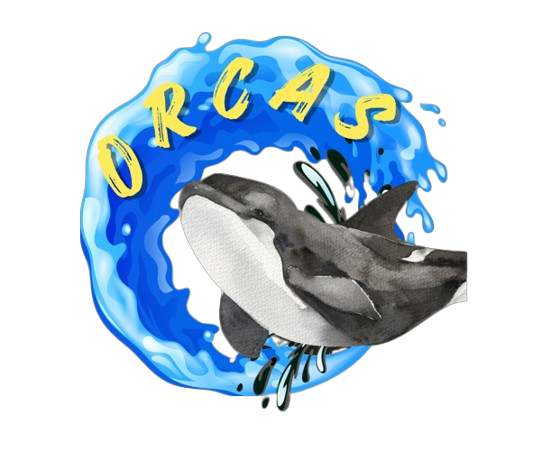Executive Summary
ORCAS (Oil Recovery CleanUp Automated System)
The Challenge
Marine oil spills are a persistent and critical threat to marine ecosystems, human health, and regional economies, particularly in high-risk areas like the Philippines and Japan. These regions host vital shipping lanes where frequent oil spills cause devastating environmental and economic consequences. Despite technological advancements, current cleanup methods are largely inefficient, environmentally harmful, and labor-intensive. Mechanical recovery and chemical dispersants are constrained by their inability to handle large-scale spills, their reliance on human intervention in hazardous conditions, and their long-term environmental impact. Filtration techniques using conventional materials often absorb oil and water, reducing efficiency and secondary pollution.
The Solution
To address this gap, the Oil Recovery Clean-Up Automated System (ORCAS) has been conceptualized as a groundbreaking approach to marine oil spill cleanup. ORCAS integrates cutting-edge technologies, including AI-driven mapping, autonomous suction systems, and eco-friendly filtration materials, to deliver a scalable and sustainable response to oil spills. This project seeks to transform oil spill cleanup operations by minimizing ecological impact, enhancing recovery efficiency, and reducing risks to human health.
Project Objectives
This study seeks to fill a significant gap in oil spill management technology by addressing the inefficiencies and environmental concerns associated with traditional methods. The primary objectives of the ORCAS project are:
- Design, develop, and test an autonomous oil spill cleanup system integrating coconut-mica filtration and machine learning-based navigation
- Evaluate the system's performance under controlled and simulated conditions, including oil recovery efficiency, scalability, and adaptability
- Establish ORCAS as a sustainable alternative to conventional methods, addressing environmental, operational, and safety concerns
- Refine the filtration system and operational algorithms for maximum efficiency in diverse marine conditions
Project Significance
The ORCAS project is significant because it offers a comprehensive solution to these challenges, delivering:
Increased Cleanup Efficiency
Real-time navigation and oil recovery optimize response time and yield
Environmental Protection
Biodegradable filters minimize ecological impact, and the system avoids introducing secondary pollutants
Human Risk Reduction
Autonomous operations eliminate the need for manual intervention in hazardous conditions
Global Sustainability Impact
ORCAS contributes to meeting Sustainable Development Goals (SDGs), particularly SDG 14 (Life Below Water) and SDG 12 (Responsible Consumption and Production)
Expected Outcomes
Technological Advancements
A fully functional ORCAS system capable of autonomous oil spill cleanup operations. Optimized coconut-mica filters that are reusable and biodegradable, setting new benchmarks in sustainable filtration technology.
Environmental Impact
A significant reduction in marine pollution caused by unrecovered oil spills. Enhanced biodiversity protection in affected ecosystems.
Economic Benefits
Reduced oil recovery costs due to increased efficiency and automation. Decreased reliance on human labor in hazardous environments, improving worker safety.
Scalability and Policy Integration
Development of guidelines for scaling ORCAS technology for large-scale deployment in global shipping routes. Collaboration with policymakers and environmental organizations to promote ORCAS adoption as a standard for oil spill response.
ORCAS Achievements
First Prize - ₱50,000 Research Grant
3-Minute Research Challenge, De La Salle Lipa
International Presentations
WAKASA International Research Forum (2 presentations)
Global Science Forum, Fujishima High School, Japan
Second Prize - ASEAN-China Innovation Competition
Only high school team competing against undergraduate & postgraduate engineering students
Project Creator
Maristela Clare Sandoval
De La Salle Lipa, Philippines
